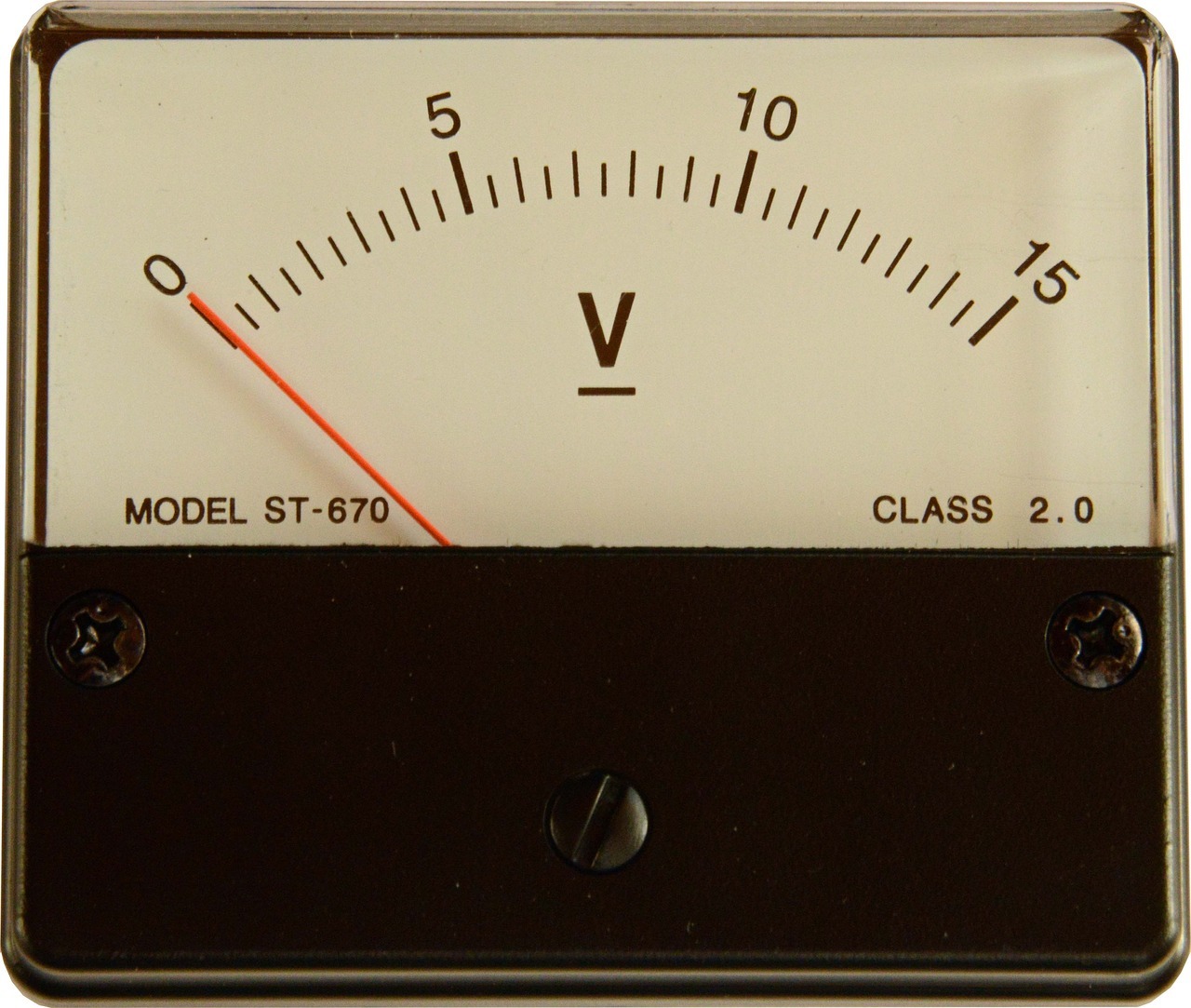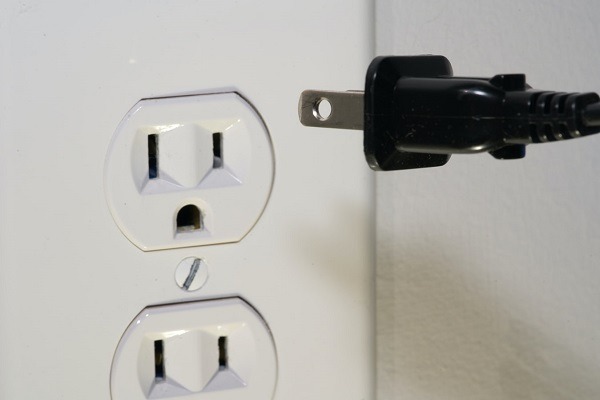You have experienced a power outage at some point in your life. In this technological era, people find it very hard to stay in a house without power. The importance of a generator in your home cannot be overemphasized. It is useful to regulate the temperatures when the power goes out.
If you have one, it will charge your devices and keep your food safe. Despite its importance, most people do not know how to get the right generators for their homes. This is because people rush to get a generator when power issues arise in their neighborhood. This guide will educate you about buying a safe generator for your family and powerful enough to power the devices in your home.
Size of the Generator
The power requirements of your home determine the size of the generator you require. Do you want to power every room in your house or just the crisis loads? Before deciding on the size, add up the total watts of your household devices to ensure you buy generators capable of powering your whole house. Some of the tools to include in your calculation are sump pumps, air conditioners, and refrigerators. Based on the size, here are some of the generators suitable for your house.
Recreational Inverter
This is one of the smallest and lightweight generators in the market. They are extremely quiet and affordable. Recreational generators are easy to transport, install, and store. They have user-friendly features, such as smartphone applications and fuel level indicators. Despite their lightweight nature, these machines can power the fridge, a phone charger, and several light bulbs, but nothing much. With the inverters, you can use the standard power plugs to power up any device. It is essential to note that they do not use the circuit breaker panel.
Mid-sized Inverters
These are lightweight generators that weigh less than 150 pounds. They can power the washing machine, fridge, and support light bulbs for up to 10 hours using 3 gallons of gas. The mid-sized inverter has a voltage of 110 and is available in up to 3,500 wattages.
Portable Generators
In terms of cost and capacity, these are the best generators. Portable generators can generate enough power to meet all the energy demands in your house. It is such a piece of equipment that you can link to your breaker panel to run hardwired devices, including heavy machinery. In terms of initial costs and gasoline consumption, portable generators cost more than other types of generators. You have to protect these types of generators from the snow and rain. It’s a good idea to have generator petrol options.
Standby Generator
This is one of the best options since it is operated automatically when there is a power outage. If you want to invest in an emergency generator, this is the best choice. While they cost more, they have an outstanding permanence, and their automatic start eases the tension and struggles that come with manual generators. Standby generators are the most expensive and require professional installation.
Mode of Operation
When it comes to the method of operation, there are two main types used for residential purposes: home standby generators and portable generators.
Home Portable Generators
These are quite popular in most homes as they are cheap and require low maintenance. They also offer convenience because they can be used in any place. You just need to place them 20 feet from the house and other structures. Portable generators use gasoline, and you have to store some of it for emergency purposes. Since the generators are stored for long, you have to add a stabilizer to the fuel. You should not use portable generators in an enclosed space since they produce deadly amounts of carbon monoxide.
Home Standby Generators
They are mostly used as a backup of the electrical system since they are operated automatically. When there is an outage, it powers on automatically, powering the electrical devices.
Warranty
Most vendors give a one to five year warranty for their generators. It is essential to understand what the warranty covers. Some companies offer optional upgrades for their generators, while others provide annual maintenance.
Electricity outages are inevitable. They are caused by severe weather, natural disasters such as earthquakes, and overloaded electricity grids. Most people go for a generator to ensure continuous power supply during outages. However, not all generators can be used at home. Some of these machines emit deadly amounts of carbon monoxide that lead to many deaths. Choosing a home generator is not an easy task. There are many generators based on your budget and how you intend to use it.


